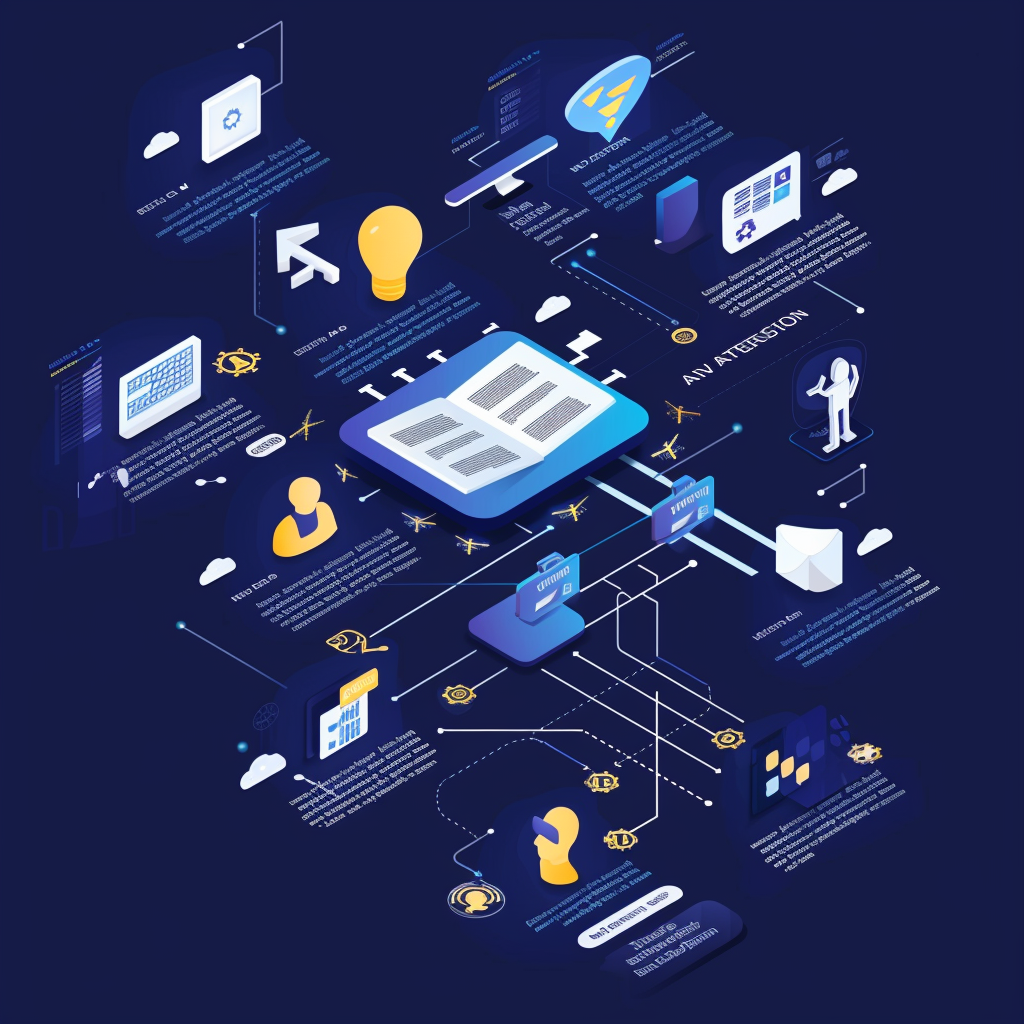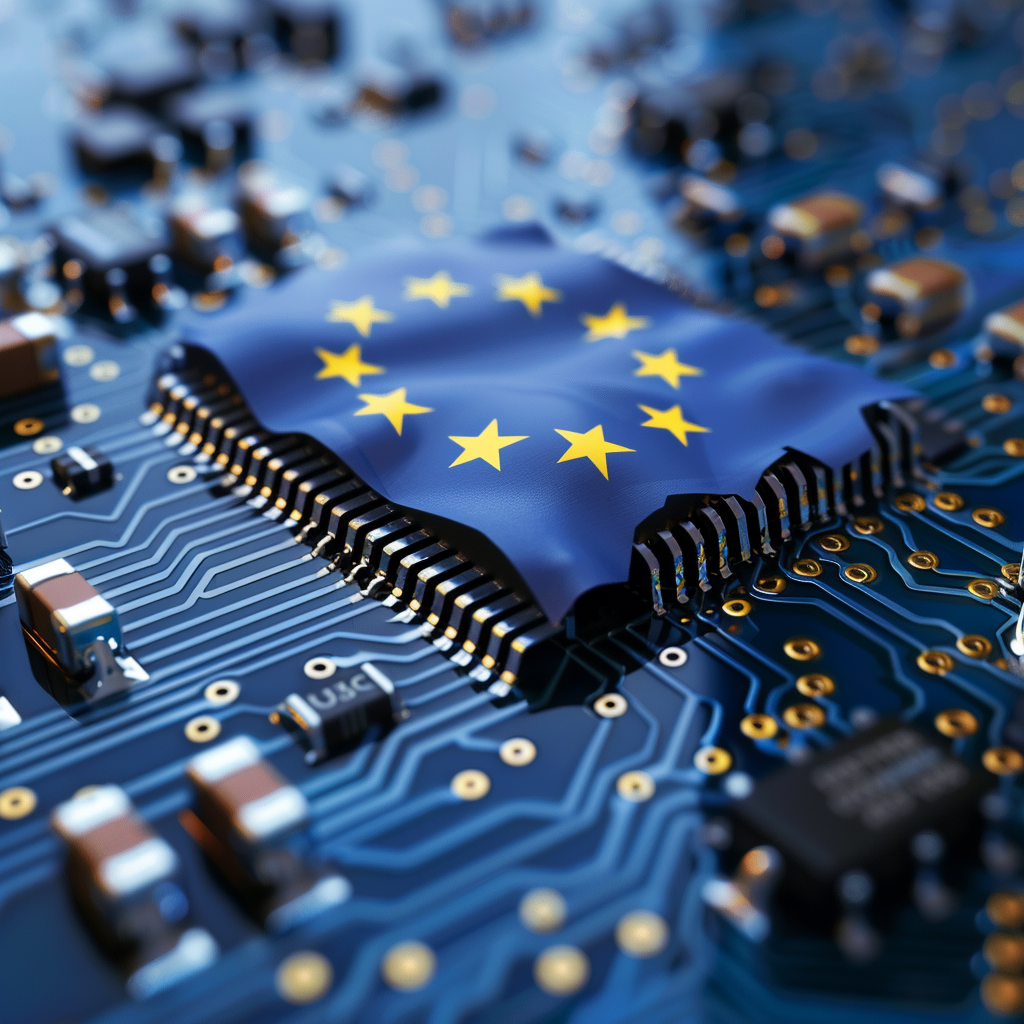Understanding the Upcoming EU AI Regulations 2024
EU AI Regulations 2024: An Overview of the Forthcoming Legal Framework
As we approach the implementation of the European Union’s AI Act, it’s crucial for businesses and developers to grasp the comprehensive legal framework that will govern the development and use of AI systems. This act introduces obligations for providers of high-risk AI systems, which include registering with a centralized EU database, maintaining adequate documentation and logs, undergoing conformity assessments, and complying with restrictions on the use of high-risk AI.
The implications of these regulations extend far beyond the borders of the EU, with significant extraterritorial effects that necessitate global attention. The AI Act is not just about compliance; it’s a shift towards a more accountable and transparent AI ecosystem. With potential fines reaching up to 35 million euros or 7% of global annual revenue, the stakes are undeniably high.
This legal framework categorizes AI systems based on the level of risk they pose, with each category subject to a tailored set of rules. Understanding these categories and their corresponding requirements is the first step towards ensuring that your AI systems are not just compliant, but also ethical and socially responsible.

Artificial Intelligence Compliance: The Implications for Tech Companies in the EU and Beyond
The AI Act’s adoption by the European Parliament marks a new era for tech companies operating within and outside the EU. The Act’s EU-wide rules on data quality, transparency, human oversight, and accountability are not just regulatory hurdles; they are pillars of a new AI-driven marketplace that values ethical considerations as much as technological advancements.
The Act’s reach extends to all companies conducting business in the EU, regardless of where they are based. This means that even Los Angeles-based software development agencies, like Bee Techy, must be vigilant and proactive in understanding the AI Act’s requirements to avoid the severe penalties that come with non-compliance.
The challenge for tech companies will be to integrate these compliance measures into their business strategies without stifling innovation. It’s a delicate balance that requires a deep understanding of both the legal landscape and the technological potential of AI.

Balancing the Scales: Impact of AI Regulation on Innovation and Business Strategies
The introduction of the EU AI Act undoubtedly raises questions about the impact of AI regulation on innovation. The risk-based approach of the Act means that high-risk AI systems will face stricter rules, potentially affecting the speed and direction of AI development. However, this does not necessarily signal the end of innovation.
Instead, the Act encourages a more thoughtful and ethically conscious approach to AI development. By establishing clear guidelines for AI systems, the EU provides a framework that can foster responsible innovation. Companies that embrace these regulations as part of their core business strategy may find themselves at a competitive advantage, as they will be seen as trustworthy and compliant partners in the AI landscape.
The key for businesses will be to adapt their strategies to align with these regulations while continuing to explore the frontiers of AI technology. The Act is not just a set of rules to follow but a catalyst for change that can lead to more sustainable and ethical AI solutions.
AI Ethics and Governance: Upholding Human Values in the Age of AI
The ethical implications of AI are at the forefront of the EU AI Act, with Article 5 explicitly prohibiting AI practices that could harm human autonomy or pose serious risks. This includes the use of subliminal, manipulative, and deceptive systems that could distort people’s behavior. Upholding human values in the age of AI is not just a legal requirement; it is a moral imperative.
AI ethics and governance are about ensuring that technology serves humanity, not the other way around. The AI Act’s emphasis on human oversight and accountability reflects the EU’s commitment to placing human rights and dignity at the center of AI development. For companies, this means that ethical considerations must be integrated into every stage of AI system design and deployment.
The governance of AI is not a task for regulators alone; it is a collaborative effort that requires the active participation of all stakeholders, including developers, businesses, and end-users. By fostering an environment of ethical AI use, we can ensure that the benefits of AI are shared by all and that its risks are managed effectively.
AI Certification and Audit: Ensuring Conformity with the EU’s AI Act Requirements
To comply with the EU AI Act, businesses must navigate the process of AI certification and audit. The Act’s provisions for high-risk AI systems include specific requirements that must be met before these systems can be deployed. This means that businesses must be prepared to demonstrate their AI systems’ compliance through rigorous assessments and documentation.
The certification process is not just a bureaucratic step; it is a testament to a company’s commitment to responsible AI practices. By obtaining AI certification, businesses signal to their customers and partners that they take the ethical implications of their technology seriously and that they are prepared to be held accountable for their AI systems.
Audits are an essential part of maintaining compliance and ensuring that AI systems remain within the bounds of the law. Regular audits can help companies identify potential issues before they become problematic and demonstrate their ongoing commitment to upholding the standards set by the EU AI Act.
For software development agencies like Bee Techy in Los Angeles, the upcoming EU AI Regulations present both a challenge and an opportunity. By understanding and preparing for the changes these regulations will bring, Bee Techy can ensure that its AI solutions are not only compliant but also at the forefront of ethical and responsible AI development.
If you’re looking to develop AI systems that meet the highest standards of compliance and ethics, contact Bee Techy for a quote today. Let’s build the future of AI, together.
